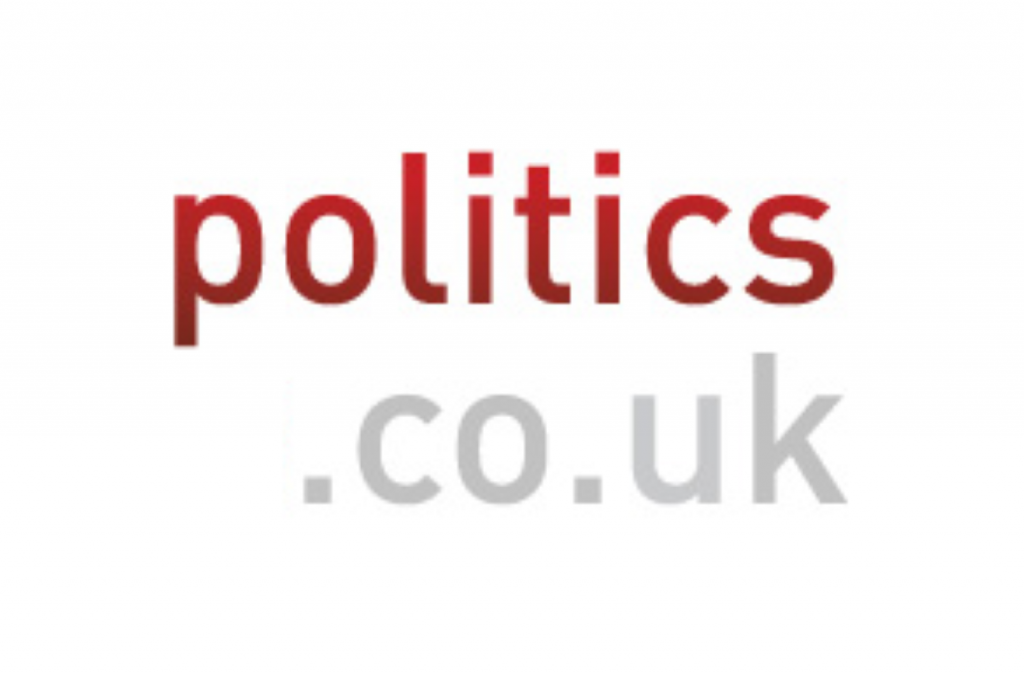Homebuyers face Inland Revenue clampdown on stamp duty
Thousands of homebuyers could face higher tax bills as a result of changes to stamp duty being introduced later this year, the Association of Chartered Certified Accountants has warned.
The new Stamp Duty Land Tax would increase the administrative burden on buyers, the ACCA claims, and could also force more people to complete self-assessments and raise tax bills.
The new system comes into force on December 1st and is expected to close an often exploited loophole that allows people selling homes close to one of the stamp duty thresholds to charge separately for fixtures and fittings, bringing the cost of the property into a cheaper tax band.
Stamp duty operates on a so-called ‘slab system’, under which the tax is charged at one per cent on properties of up to £250,000, three per cent for homes sold for up to £500,000 and four per cent for homes sold for £500,000 plus.


However, the ACCA has warned that the Inland Revenue might open inquiries into transactions where a property was sold for just less than one of the stamp duty thresholds.
Chas Roy-Chowdhury, ACCA’s head of taxation, said: “Subject to investigation under the new system, any separate payment for fixtures and fittings may well be reclassified as part of the property, which would push them into the next stamp duty bracket.”
The ACCA also criticised the fact that stamp duty would no longer automatically be charged to people when they completed the process of buying a house, but it would be up to them to pay it within 30 days of acquiring a property or land.

